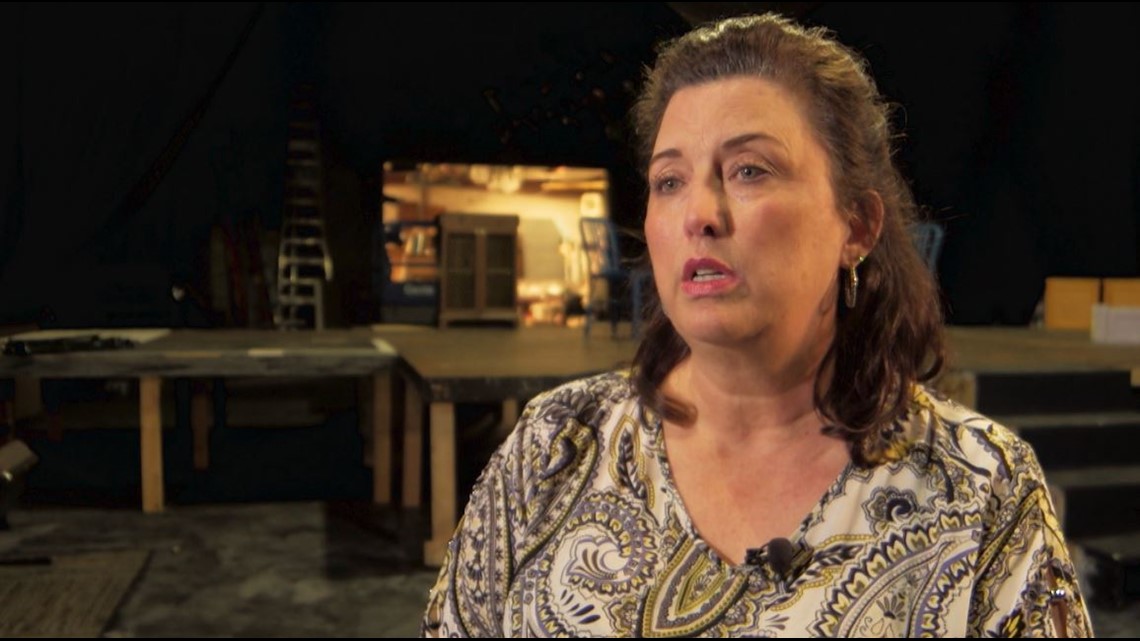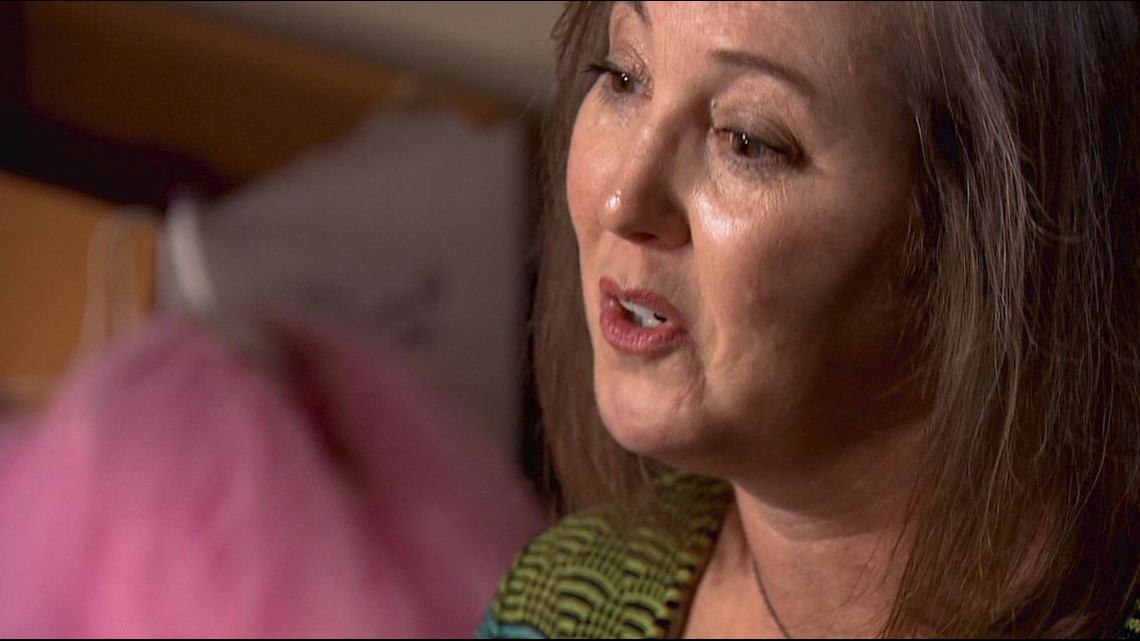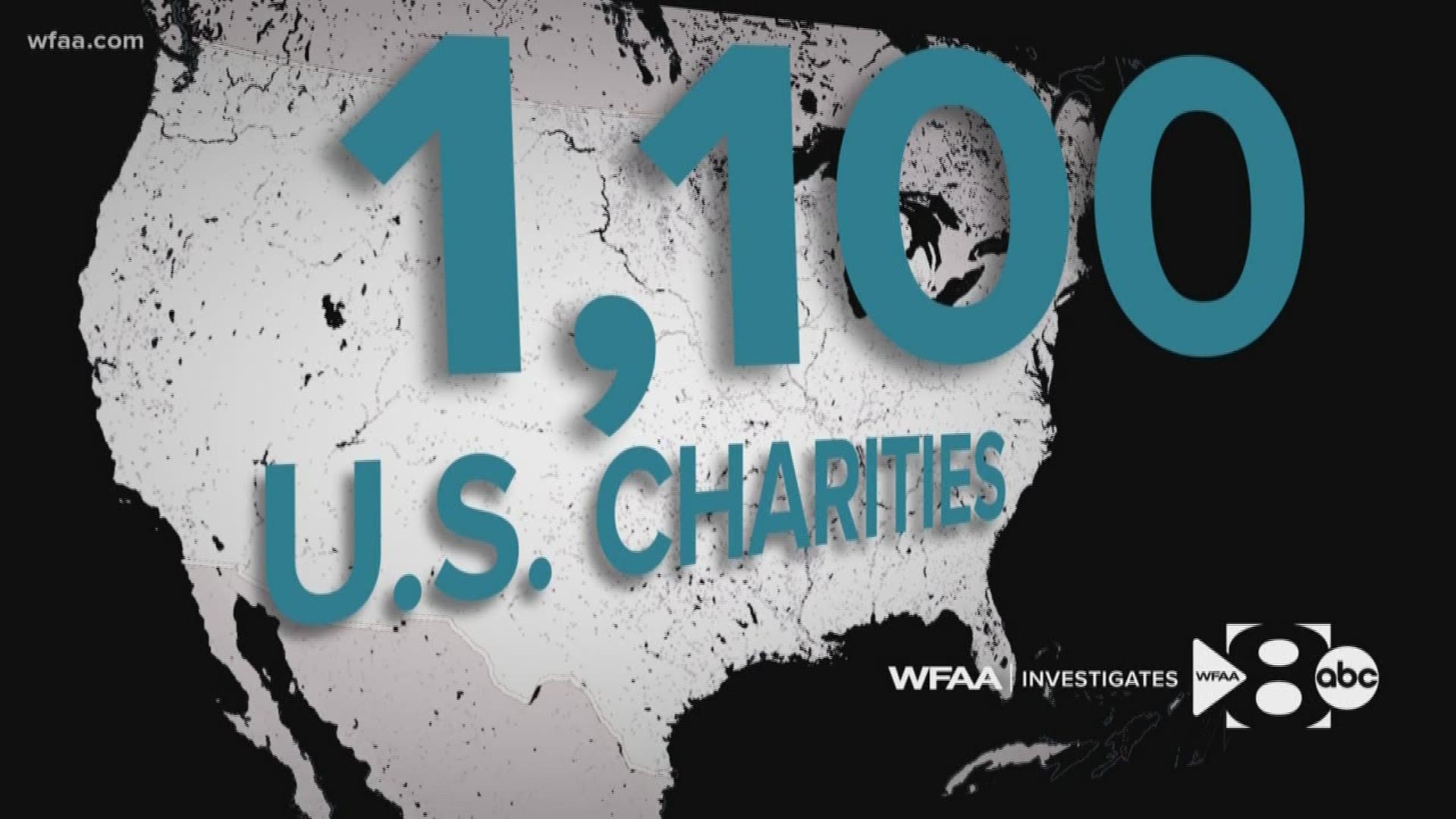DALLAS — The number of North Texas nonprofit charities have grown to nearly 25,000, with a total annual income of more than $26 billion – a 51 percent income jump since 2011, according to a nonprofit management study.
However, with the staggering growth, a WFAA review has found a troubling lack of financial safeguards in the way many nonprofits manage donations. Some acknowledge that they do not conduct annual financial audits, while others do not do criminal background checks.
The WFAA review found that more than 1,100 U.S. charities had “unauthorized” loss of money the past seven years, often due to theft or embezzlement by their own employees, according to IRS reports.
Fraud examiner Gerry Zack said the reporting of nonprofit theft barely scratches the surface.
“Nonprofits are oftentimes very reluctant to report a fraud because they know that donors or funding sources will hear about it and that could impact future funding,” said Zack, the CEO of the Society for Corporate Compliance and Ethics.
About 80 Texas charities told the IRS they recently were victims of theft. They include the Temple Civil Theatre and the Jewish Federation of Fort Worth and Tarrant County.
Temple Civic Theatre bookkeeper Aileen Snyder obtained a theatre debit card and made 695 withdrawals over five years, stealing $341,888. Much of the money was gambled away at WinStar Casino, according to federal records.
Snyder was sentenced to two years in federal prison.
“I think of all the things we could've done with that money,” said Lori Honeycutt, a board president for the Temple Civic Theatre at the time. “…I just couldn’t believe it at first.”


The theft nearly forced the closure of the 50-year-old Temple Civic Theatre.
“I just wanted to throttle her,” Honeycutt recalled. “And I still do.”
Honeycutt said theatre employees trusted each other. But now they have had to institute tighter controls.
“It was one of those things where we're family,” Honeycutt recalled. “We think of each other as family….We just trusted the person that was taking care of the money.”
*Jewish Federation of Fort Worth and Tarrant County controller Laurie Reese stole $1 million. Reese wrote 300 checks to herself over the course of five years, before she was finally caught.
She has been ordered to pay more than $992,000 in restitution and will serve five years’ probation, federal records show.
Bob Goldberg, executive director of the Jewish Federation, declined an on-camera interview with WFAA, but in a phone interview called the financial oversight of nonprofits “a human capacity issue.”
Goldberg said with a limited number of employees, it is difficult to divvy up the work at a nonprofit.
Chamberlain Ballet Bookkeeper Anna Hawkins pleaded to stealing $43,000. She received deferred adjudication and ordered to pay restitution.
“You hire them because you think they're a great person, a good fit for your organization and do a good job for you,” said Karen Davis, the director of operations for Chamberlain Ballet. “... And it can happen to anybody. If it happens to us, it can happen to anybody.”


Davis said she has initiated a slew of financial changes, including the need for two signatures on checks over $500.
Zack said he has seen examples throughout the country of nonprofits lacking necessary oversight and financial safeguards.
“There's a focus on the core business, and a lack of attention to some of the internal controls that are necessary to protect the organization's resources,” Zack said.
Several nonprofits told WFAA that they lack the time, staff or money to conduct criminal background checks of employees.
“To me, that is inexcusable that that issue has been pounded into every type of business and organization for quite a few years now,” Zack said. “If someone is going to be in a position of financial trust, it's expected that you do a criminal background check.”
Also, if you think the IRS is checking backgrounds before letting someone open a charity – think again. The IRS told WFAA that there is no requirement for the government to check.
That comes while the IRS approved more than 99 percent of tax-exempt applications. In 2017, for example, the IRS approved 85,669 tax-exempt entities and disapproved only 68.
WFAA, however, did our own criminal background review of officers running Texas charities.
WFAA found 335 Texas charity leaders had been arrested for felonies, including armed robbery, attempted murder, and sexual assault of a child.
More than 260 charity leaders had been arrested for financial crimes, like theft. Seventy-nine of them are tied to North Texas nonprofits.
One officer, records show, pleaded guilty to felony theft, and then days later, opened a nonprofit and started taking donations.
When we contacted her, she declined to go on-camera to discuss her background.
But she told WFAA that there’s no legal reason why she shouldn’t be handling donations.
Not only are many nonprofits not doing background checks, but they told us they’re often not doing financial audits either.
“That's very common in the nonprofit sector,” Zack said.


Zack pointed out that watchdog groups, donors and the media often evaluate a charity based on what percent of their budget is spent on the charity’s programs.
“So, what that results in is heavy pressure to spend everything they can on their programs,” Zack said. “And the result is that there's very little money left for infrastructure, the management and general function, which includes devoting resources to internal controls.”
Many nonprofits told us they do spend money on audits and background checks. But some of them are the ones who have had thefts.
“I don't care if it hurts your secretary or business managers feelings or whomever is taking care of the money - you cannot trust 100 percent,” Honeycutt said.
Need help or advice?
Should I give to this charity? Here's some advice from the Federal Trade Commission before you hand over your donation.
Here's the Center for Nonprofit Management's best practices guide for nonprofit finances:
Got a tip? Email us at investigates@wfaa.com.



